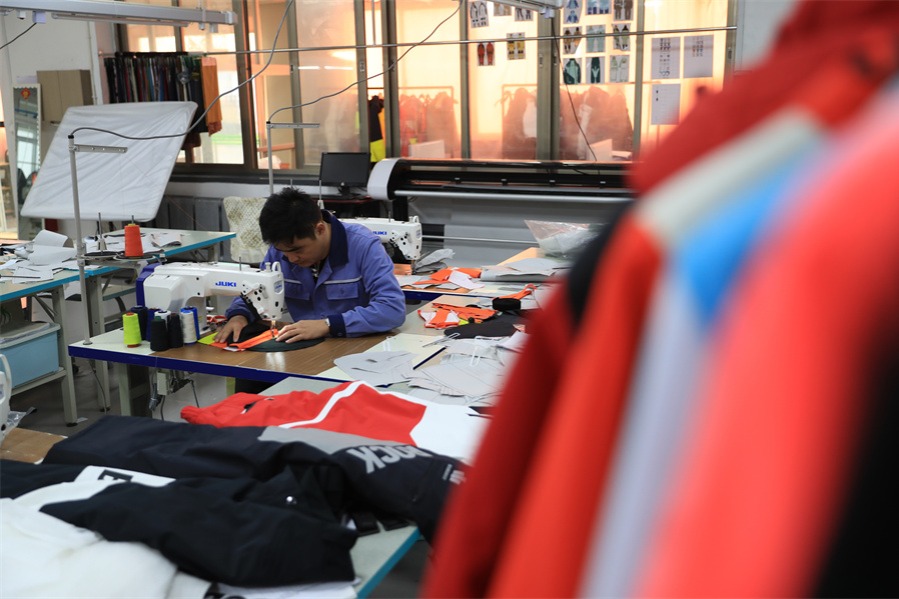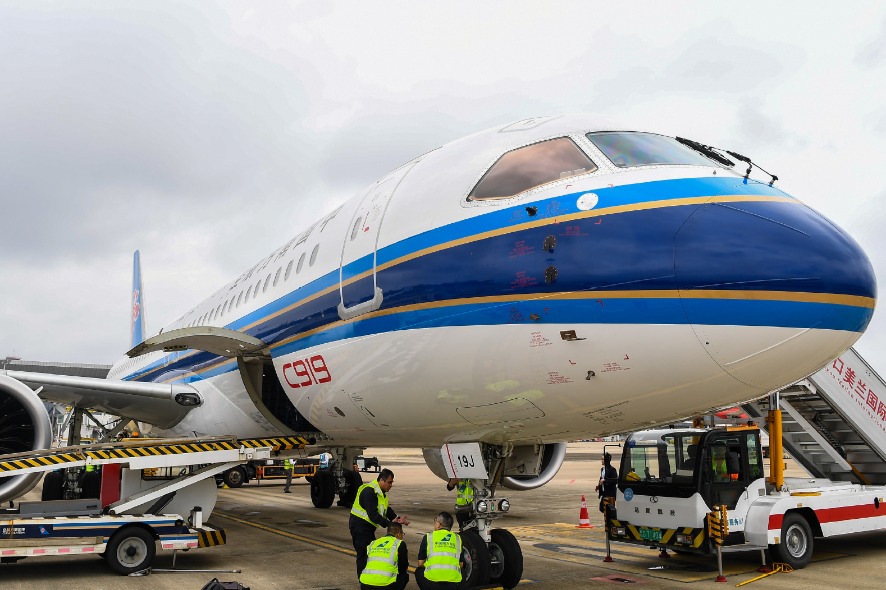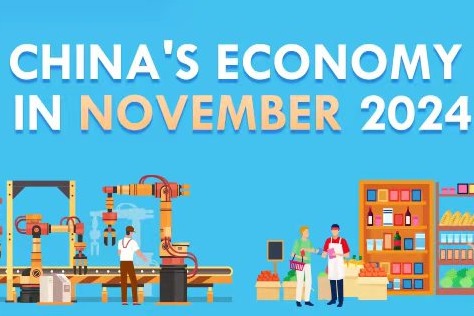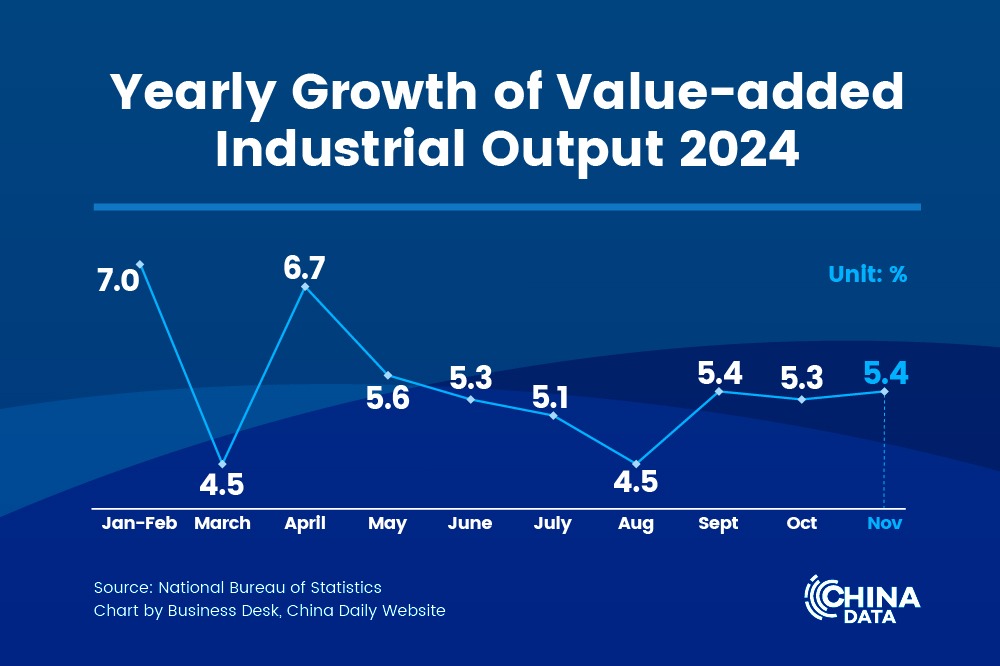Cathay Pacific eyes business rebound, bigger role in GBA

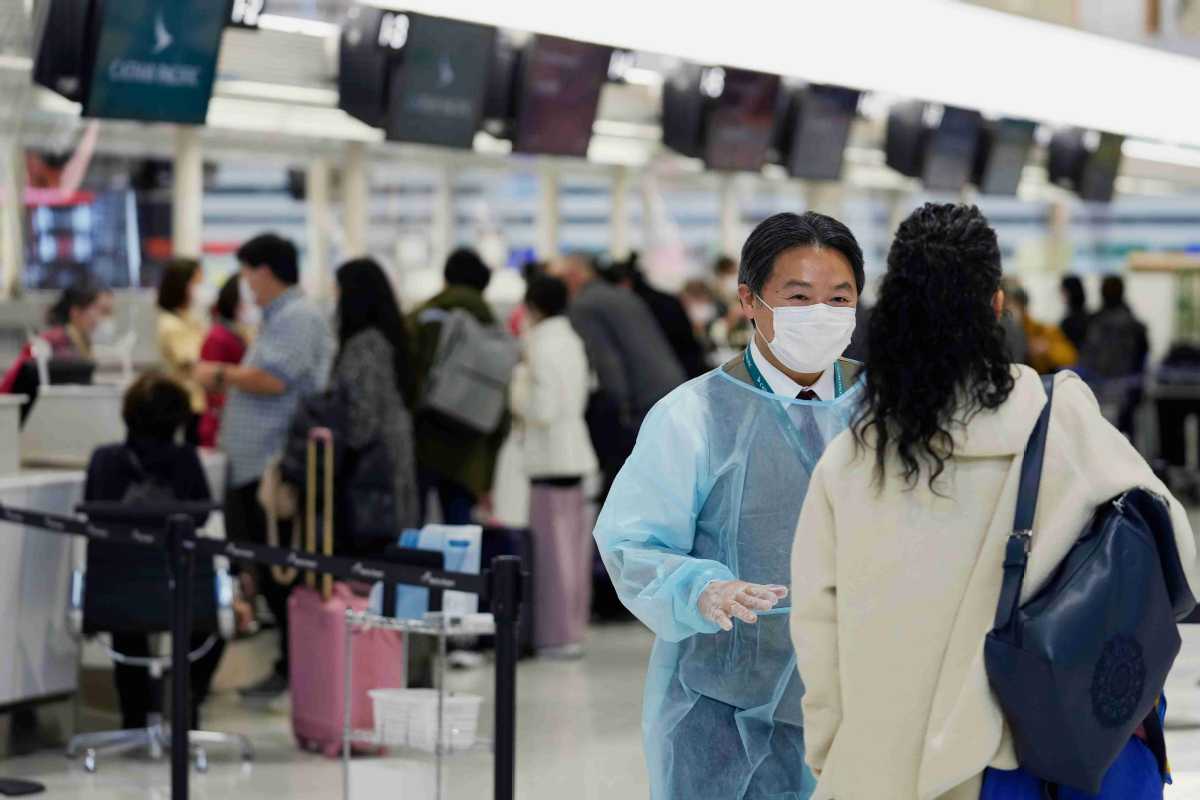
Largest airline in HK resuming more flights between SAR, Chinese mainland
Cathay Pacific Airways, the largest airline in the Hong Kong Special Administrative Region, said it is cautiously optimistic about the growth prospects of the air travel market in the Chinese mainland next year, and is prepared for a potential future capacity increase through business growth opportunities brought about by the Guangdong-Hong Kong-Macao Greater Bay Area.
With the COVID-19 pandemic gradually brought under better control in China, Cathay Pacific said it is preparing for more flight resumptions to and from the Chinese mainland. It has resumed flights between Hong Kong and 10 cities in the Chinese mainland.
"As Hong Kong's flagship airline, which was established in 1946, we welcome and fully support various measures to strengthen Hong Kong's ties with the Greater Bay Area. We will continue to focus on this important national strategy and promote traffic connections between Hong Kong and other cities in the area. We will also strengthen Hong Kong's role as a 'super liaison' between the area and the rest of the world," said Agatha Lee, general manager of China business at Cathay Pacific Airways.
"We are happy to see that the third runway of Hong Kong International Airport will launch operations next year. It will help us better connect the Chinese mainland, Hong Kong and other cities in the world," Lee said.
With the development of the GBA, Cathay Pacific has found more passengers in the region showing interest in a hybrid transportation model. Some choose to take buses to go across the Hong Kong-Zhuhai-Macao Bridge or take ferries first and then head to the Hong Kong airport for flights. The carrier believes such a model will become more common in the future.
In the third quarter, some 120,000 Chinese mainland students studying abroad, especially those in the United States and the United Kingdom, took Cathay Pacific flights and transferred in Hong Kong. The high demand from students helped the carrier significantly reduce losses, helping it make earnings and costs even during the period between July and October.
For overall passenger demand, the performance of short-haul flights, especially flights that connect Asian countries, fared better. Demand for long-haul international flights was weaker due to travel restrictions, Cathay Pacific said.
In addition, the air cargo transportation market has become a bright spot for the industry amid the pandemic. Cathay Pacific has been no exception. The carrier said its cargo capacity has resumed to about 70 percent of the level seen before the pandemic.
The company said it has a fleet of 20 freighters and six Boeing 777-renovated freighters, and it also transported goods with belly-hold operations. With the advanced freight handling system in Hong Kong, it has transferred about 76 million doses of COVID-19 vaccines to overseas markets with its freighters.
Despite COVID-19, Cathay Pacific has continued business upgrades and deliveries of more new fuel-efficient aircraft. The carrier is also introducing more advanced devices such as 4K screens and Bluetooth earphones for inboard entertainment systems. Starting Jan 1, 2022, the carrier will introduce the HBO Max channel in its entertainment system, becoming the first Asian airline to do so.
"The impact of the pandemic is temporary, and passenger demands are constantly upgrading. We need to keep improving ourselves and maintain advantages in our products," Lee said.
Until March 2022, to give passengers more flexibility, Cathay Pacific said it will allow all passengers who have booked domestic or international flights to make changes to their itineraries for free or change to Cathay credits if they are not sure about departure times.
Cathay Pacific said it plans to achieve zero carbon emissions by 2050. In 2014, it became the first airline that invested in US sustainable fuel company Fulcrum BioEnergy, and will purchase 1.1 million metric tons of sustainable aviation fuel from the company during a 10-year period. By 2030, it plans to use 10 percent of total fuel needed as sustainable fuel.
- The Greater Bay Science Forum 2021 will influence the future of scientific and technological innovation in GBA
- GBA Briefs
- Xi: China willing to strengthen scientific, technological ties with the world
- Bay Area gets first integrated energy station
- Leung Chun-ying says HK should promote its role in GBA

















